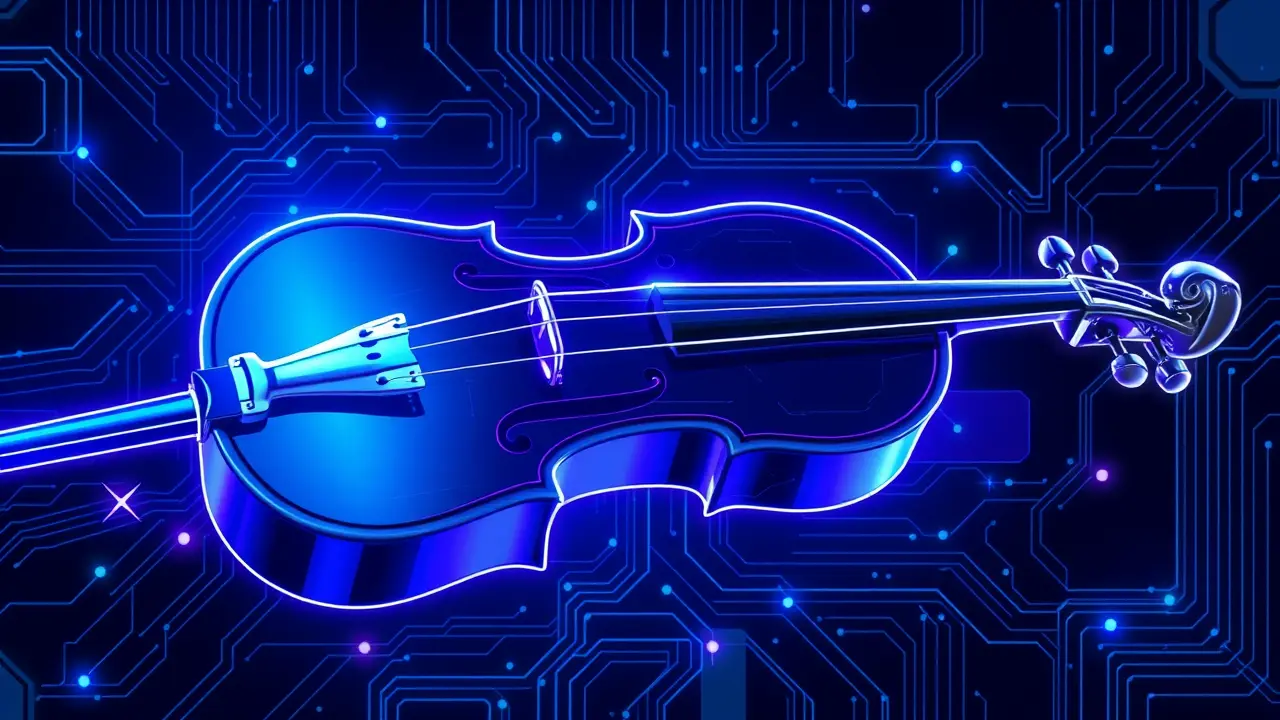
AIai safety & ethics
Reframing Generative AI as an Instrument, Not an Intelligence
The conversation surrounding generative AI has become mired in misleading metaphors, a problem that demands immediate intellectual clarity. We've anthropomorphized these systems to a dangerous degree, labeling them as 'intelligences' and imbuing them with capabilities they simply do not possess.This isn't just semantic nitpicking; it's a fundamental misapprehension of the technology's nature, one that leads to flawed policy, irresponsible deployment, and public misunderstanding. A more accurate and productive framework, as some leading voices in the field are now arguing, is to reframe generative AI not as an artificial mind, but as an instrument.Think of it not as a colleague, but as a sophisticated, probabilistic orchestra—a system that has ingested the entire score of human-written text and learned to predict the next note with staggering, yet ultimately hollow, accuracy. This distinction is crucial.An intelligence implies agency, understanding, and intent. An instrument is a tool that requires a skilled operator, a human guiding hand to provide direction, context, and, most importantly, meaning.The Large Language Models (LLMs) powering this revolution are, at their core, pattern-matching engines of unprecedented scale. They are trained on vast corpora of data, learning statistical relationships between words, pixels, and code tokens.When you prompt a model like GPT-4 or Claude, you are not engaging in a dialogue with a conscious entity; you are essentially tuning this instrument, providing a seed sequence that it then extrapolates into a coherent-sounding response based on its training. It has no beliefs, no desires, no comprehension of the world.It simply calculates the most probable output given the input, a process more akin to a master violinist playing a complex cadenza from muscle memory than a philosopher articulating a novel thought. This 'instrument' analogy elegantly sidesteps the fraught ideological debates.Viewing AI as a tool often implies a simple, passive utility, like a hammer. A crutch suggests dependency, a weapon implies malice.An instrument, however, carries connotations of craftsmanship, skill, and co-creation. A Stradivarius in the hands of a novice produces noise; in the hands of a virtuoso, it creates art.Similarly, a generative AI model can produce bland, derivative corporate copy or dangerously plausible misinformation in the hands of an unskilled user, but it can also help a researcher brainstorm novel hypotheses, assist a coder in debugging complex systems, or enable an artist to explore new visual styles when guided by a discerning expert. The historical precedent for this is the introduction of the camera.
#editorial picks news
#generative ai
#ai ethics
#technology philosophy
#human computer interaction
#responsible ai
#ai as instrument
Related News
Comments
QU
QuietThinker42118d ago
i truly must commend you for such a wonderfully articulated perspective on this matter it is a most refreshing take amidst the usual discourse
0
CU
CuriousObserver118d ago
this is such a helpful way to think about it, genuinely clarifies so much of the confusion out there
0
© 2026 Outpoll Service LTD. All rights reserved.